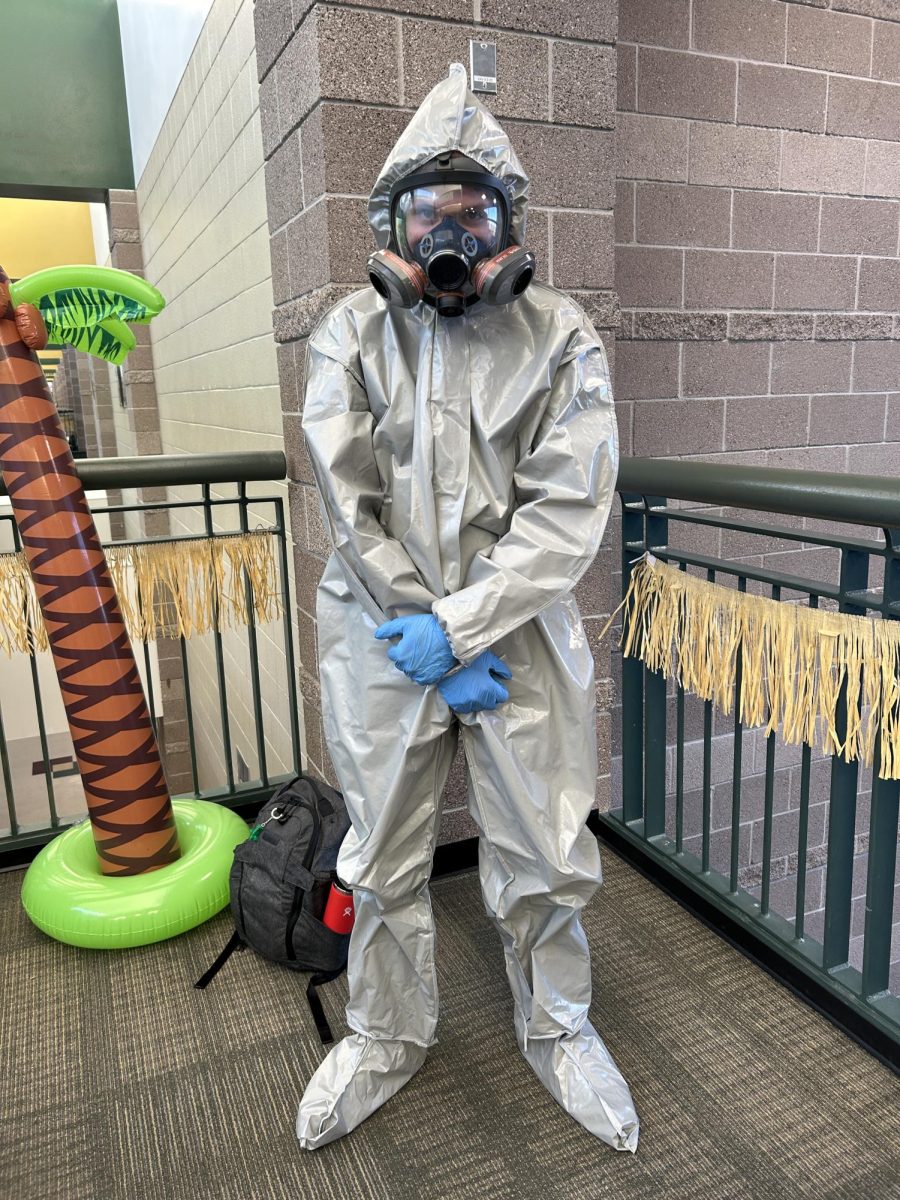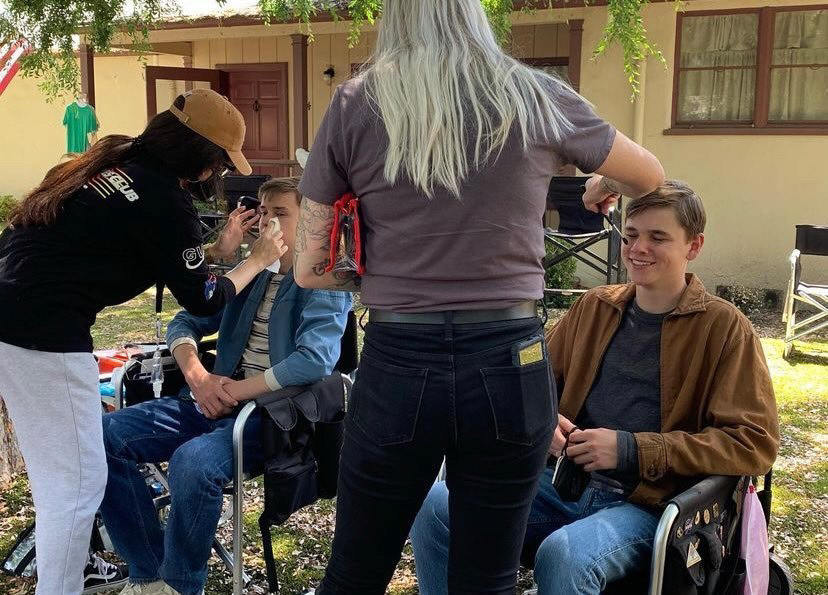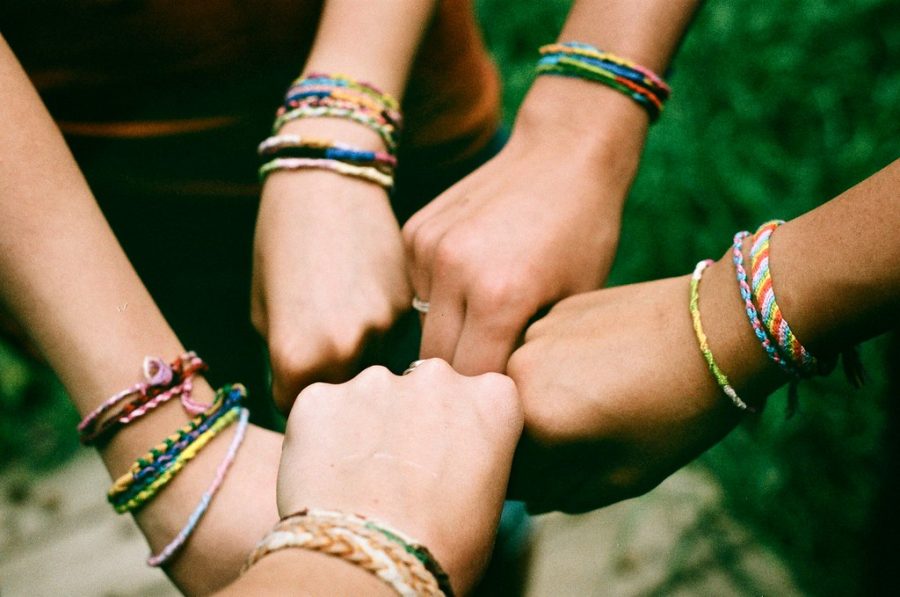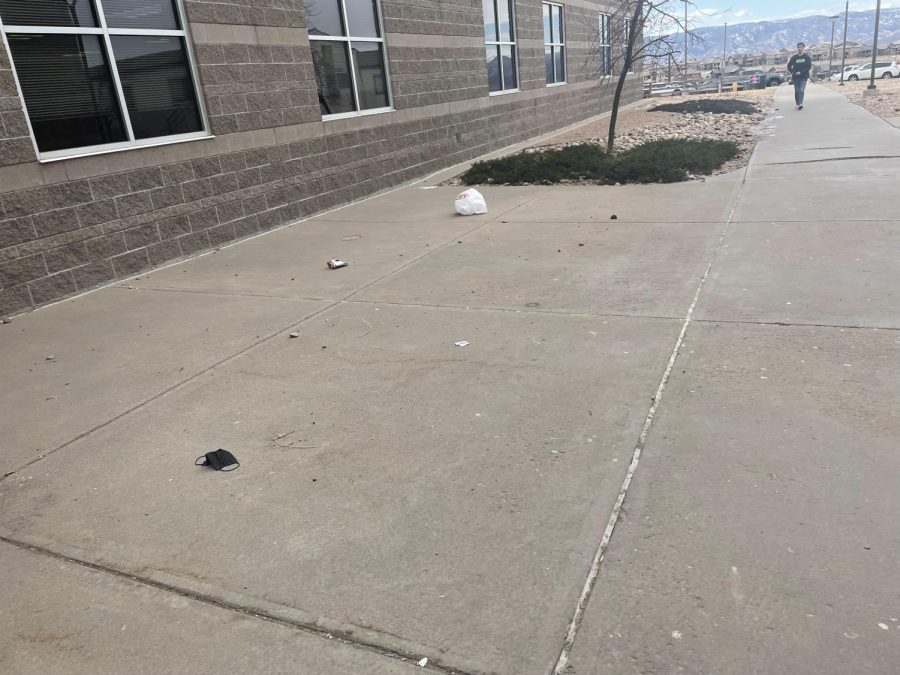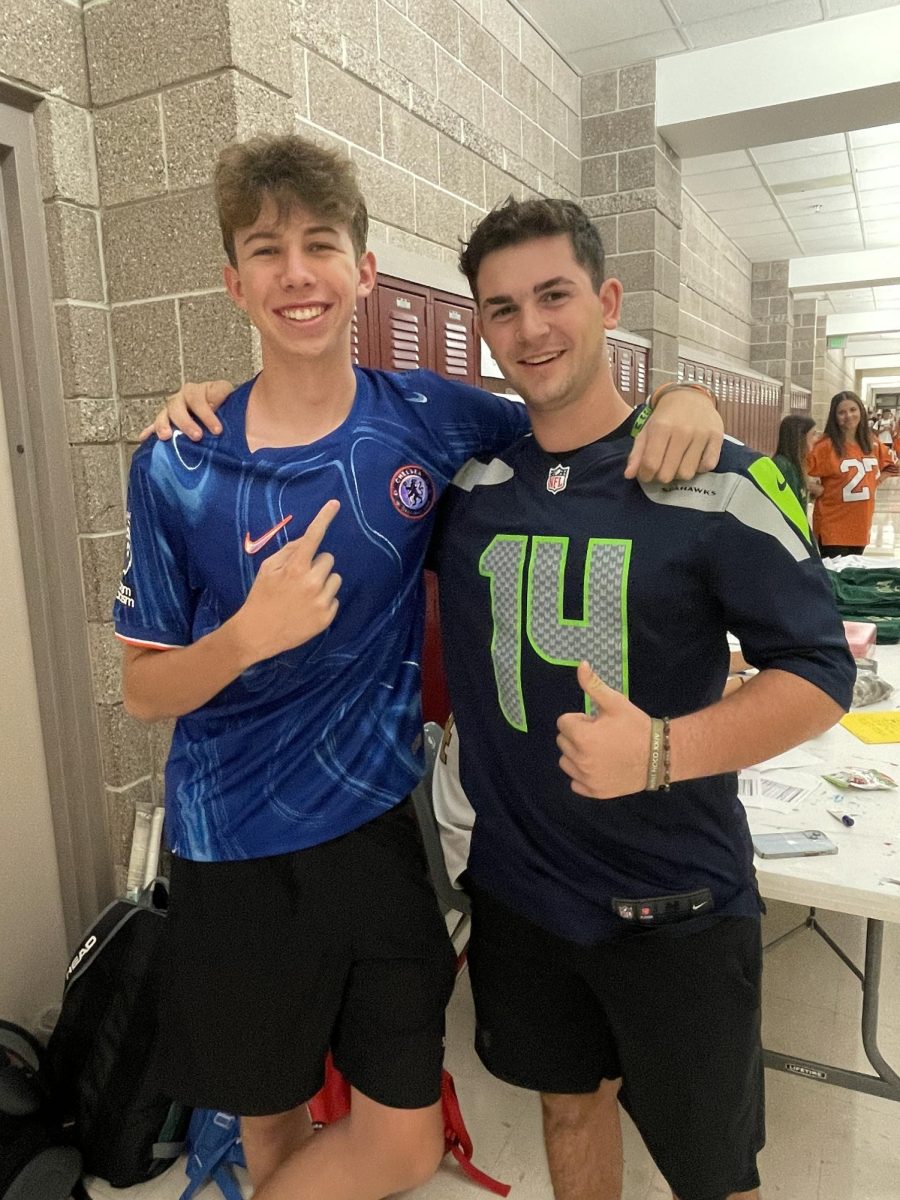Pediatric Cancers Deserve More Funding

//EMERY DAVIS//
Childhood cancer is a tough thing to deal with for both the child suffering and their surrounding family. Not only is it emotionally painful to the family fighting for their child to survive, but it takes significant amounts of money to treat as well. Don’t you think families deserve more positive results and improvements for their money?
According to Cure Search, over the last 40 years, diagnosis rates of cancer in children has increased by 24% with an average of 43 children diagnosed daily. A typical hospital visit for a cancer patient is $40,000 per stay. Children who are diagnosed with chronic illness go through many different kinds of treatment and chemotherapy, only for it to fail in many cases. Childhood cancer studies gets approximately 3.94% of funding annually. At this point in time, medication and treatment can’t cure cancer; all it does is prolong lifespan for a patient, which isn’t enough, we need more.
One of the main reasons pediatric cancer is so underfunded is due to the fact that funding is based solely on the number of people with the specific disease. Adults, of course, have much more experience and life under their belts, which means they have much more exposure to cancer-causing factors and risks. These days, who the funding will go to is a very slippery slope and controversial topic.
Statistics from St. Baldrick’s say that on average 17% of children diagnosed will die five years later. Of those children who survive past the 5-year mark, 18% will die within the next 25 years. With the help of more research we can work towards a cure, but first it’ll take more money to save more lives. Some might argue that kids do receive the correct treatments, without realizing that what they’re getting is truly an adult medication only at a lower dose. These medications are approved for adults, but not for children. In fact, 60% of pediatric cancer survivors will suffer late-effects like heart failure, additional cancers and infertility by the time they are 45 years of age. Even though they do have a chance at survival, the late-effects will come back later.
This is a huge ethical issue for many people, as children still have more life to live but adults also deserve more life. If we think in the long run, by giving childhood cancer research more financial support, we could potentially save 71 years of life almost lost. That’s so many years gone down the drain, especially for a child, if we don’t give enough effort. This doesn’t go to say that adults are less important, but think about it: 71 years of life almost lost, to 15 years?
Overall, these children deserve more of a fighting chance than what they currently have. What’s the point of kids using treatments that are not really approved for them? We need to look further into what works for them, to help them live their lives rather than just survive. It’s in a child’s best interest to spare them the pain and damage incorrect treatment can cause. Who knows what this young boy or girl could complete and achieve as an adult if we don’t give them a real chance?

